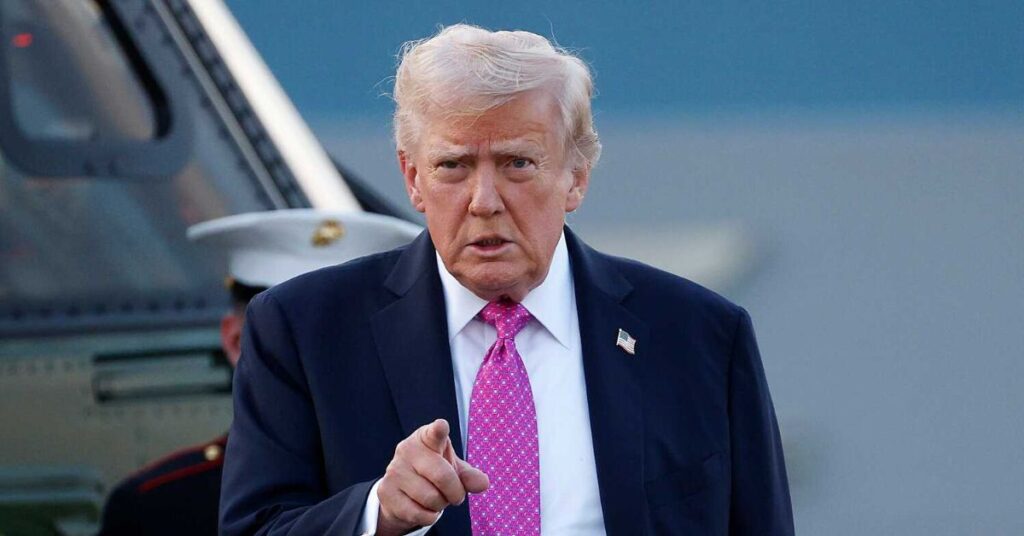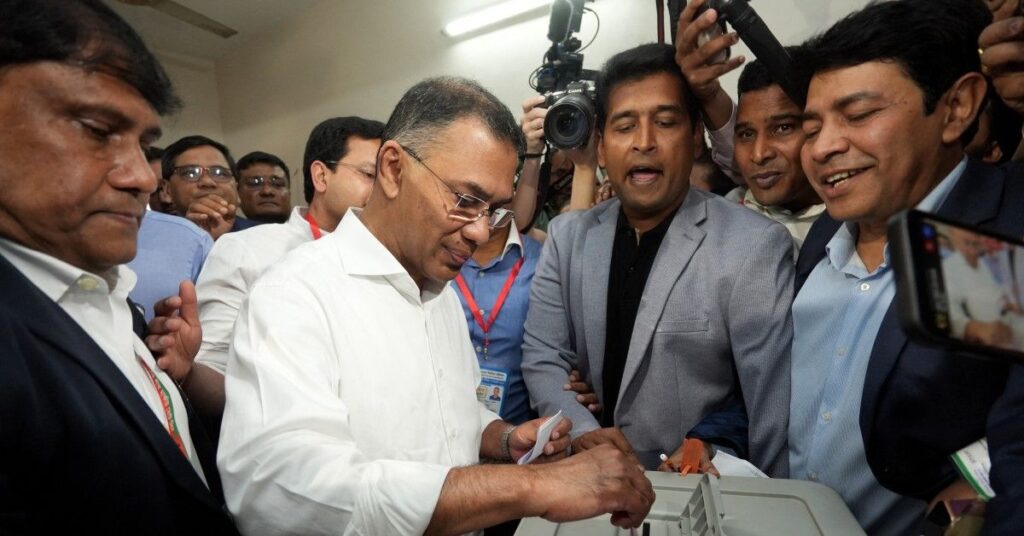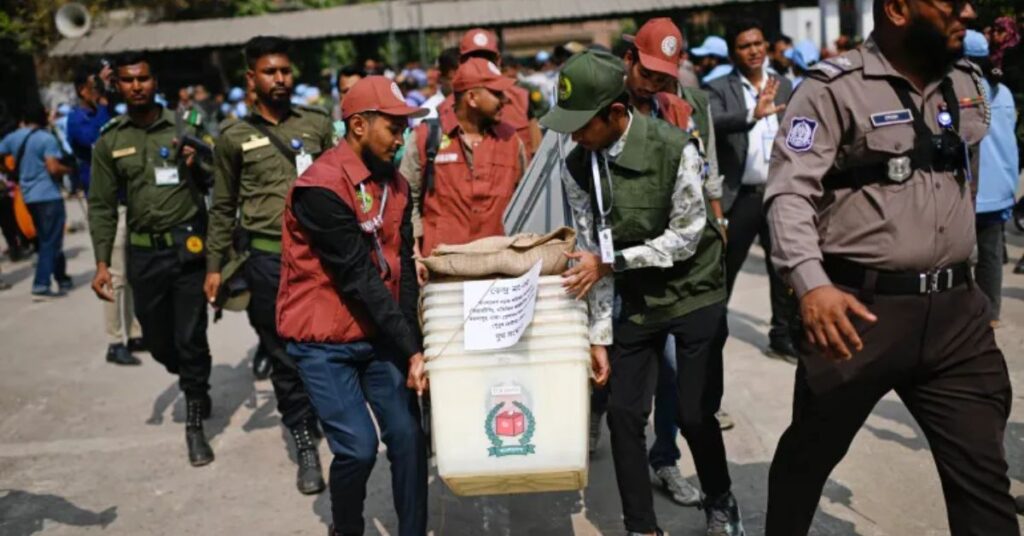MUZAFFARABAD (Kashmir English): India has firmly dismissed claims that the United States played any part in brokering the recent ceasefire, asserting that the agreement was a strictly bilateral one between New Delhi and Islamabad.
The ceasefire, which came into effect on May 11 after intense cross-border shelling along the Line of Control (LoC), was announced following several hours of hostilities. The LoC separates Azad Jammu and Kashmir (AJK) from the Indian Illegally Occupied Jammu and Kashmir (IIOJK).
Pakistan’s Prime Minister, Shehbaz Sharif, while speaking in Karachi on Monday, credited US President Donald Trump and his team for helping to end the fighting. “Trump is a man of peace. I believe his team engaged with this situation wholeheartedly and played a vital role in securing the ceasefire,” he said.
President Trump also made bold claims during a media briefing in Washington, stating, “We stopped a nuclear conflict. I think it could have been a bad nuclear war; millions of people could have been killed. So I’m very proud of that.”
However, India has rejected these assertions outright. During a briefing to a parliamentary panel in New Delhi, Indian Foreign Secretary Vikram Misri insisted that the ceasefire was a result of direct talks between the two nations, with no third-party involvement. He also denied any evidence of nuclear signalling from Pakistan during the standoff.
Misri added, “Trump did not seek our permission to get involved. He put himself on the stage, and there he was.” His remarks hinted at New Delhi’s disapproval of Washington taking credit for de-escalating the conflict.
Questions were raised within the parliamentary committee about India’s muted response to Trump’s repeated claims. One member asked why India had allowed the US to “seize the narrative,” especially as Trump had made public remarks on Kashmir on multiple occasions.
In response to questions about the losses of Indian aircraft, Misri said he was unable to answer for reasons concerning national security.
On the nights of May 6 and 7, India conducted missile strikes on various Pakistani cities, claiming that the strikes aimed at destroying “terrorist infrastructure” due to last month’s Pahalgam incident which killed 26 tourists.
Pakistan responded to its neighbour’s attack by launching Operation Bunyan-um-Marsoos, a strong military response. Officials stated that the strikes were made in various Indian regions to target their military, claiming they were both precise and proportionate.




